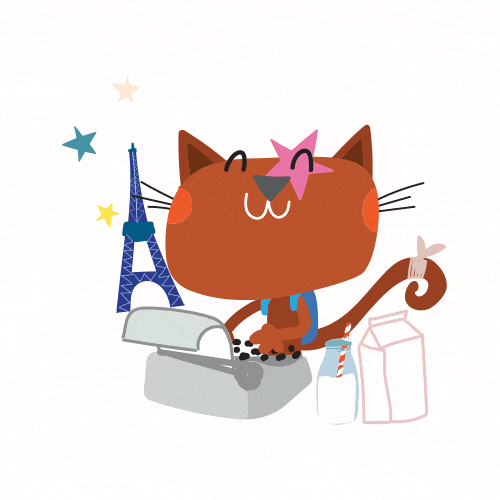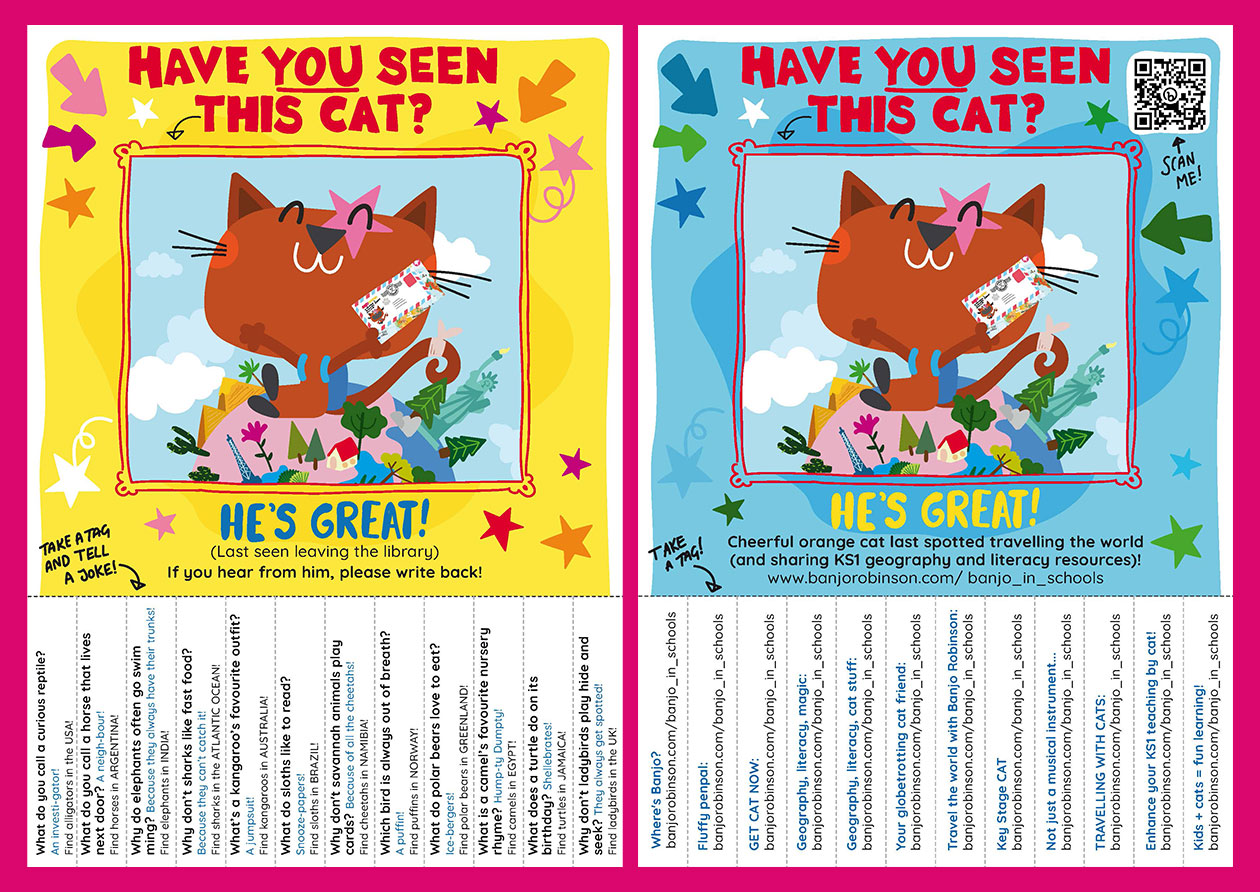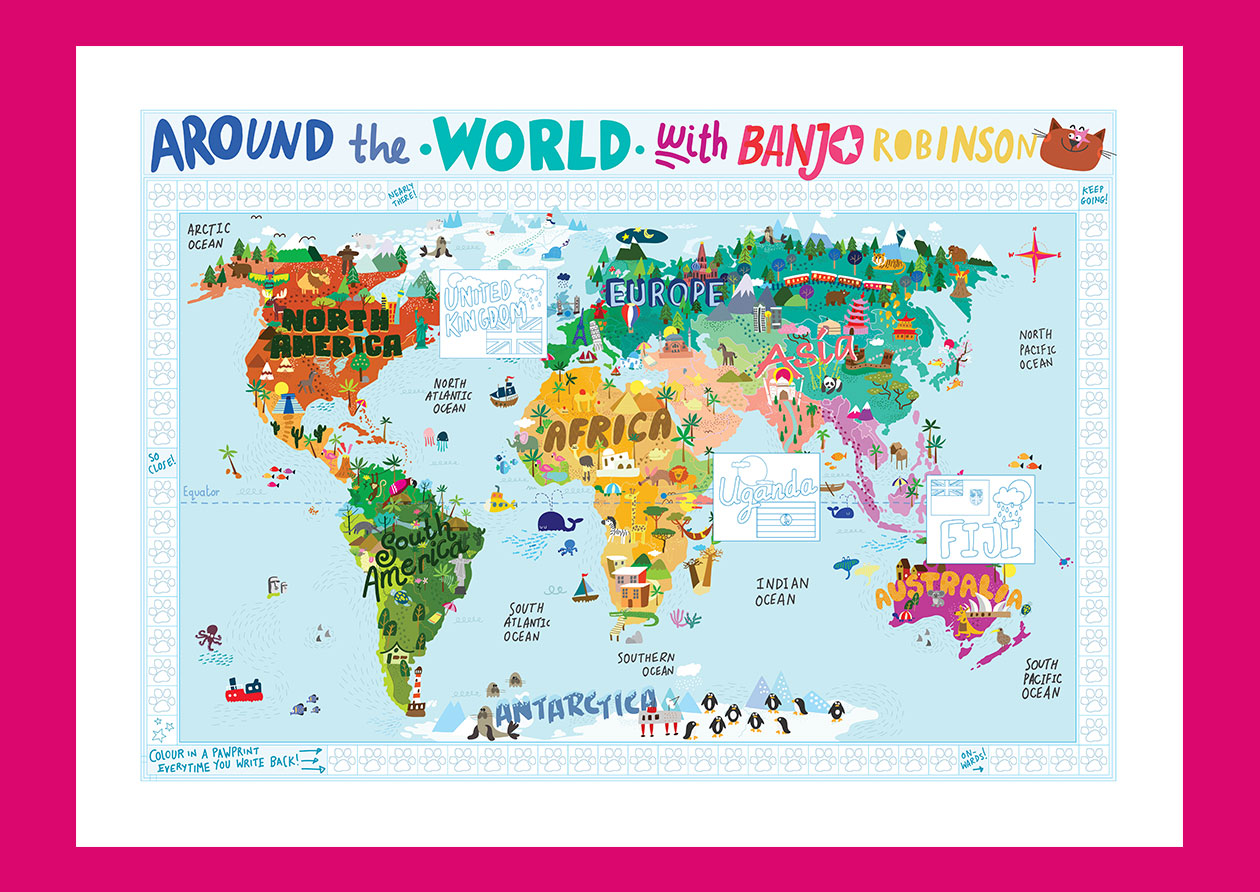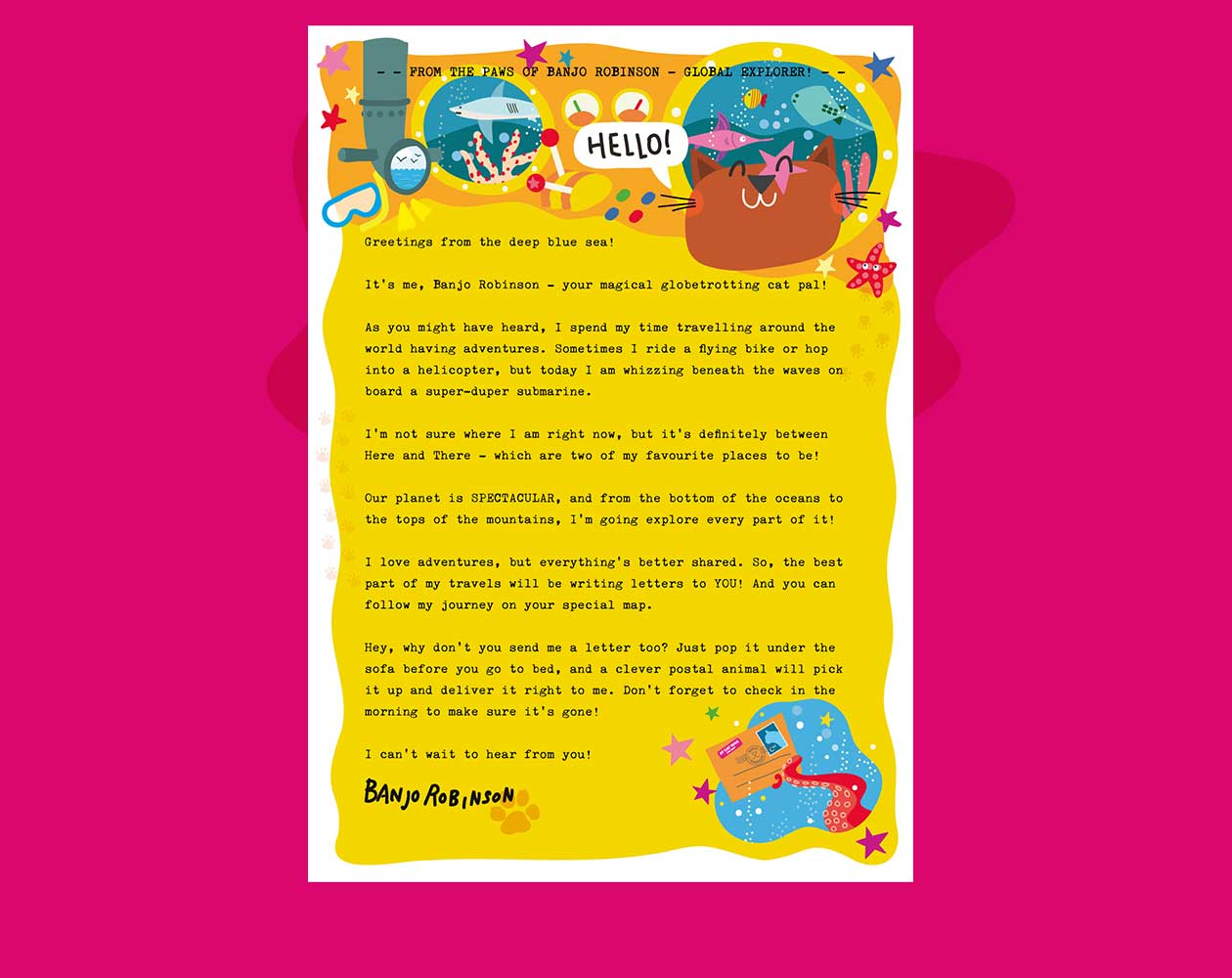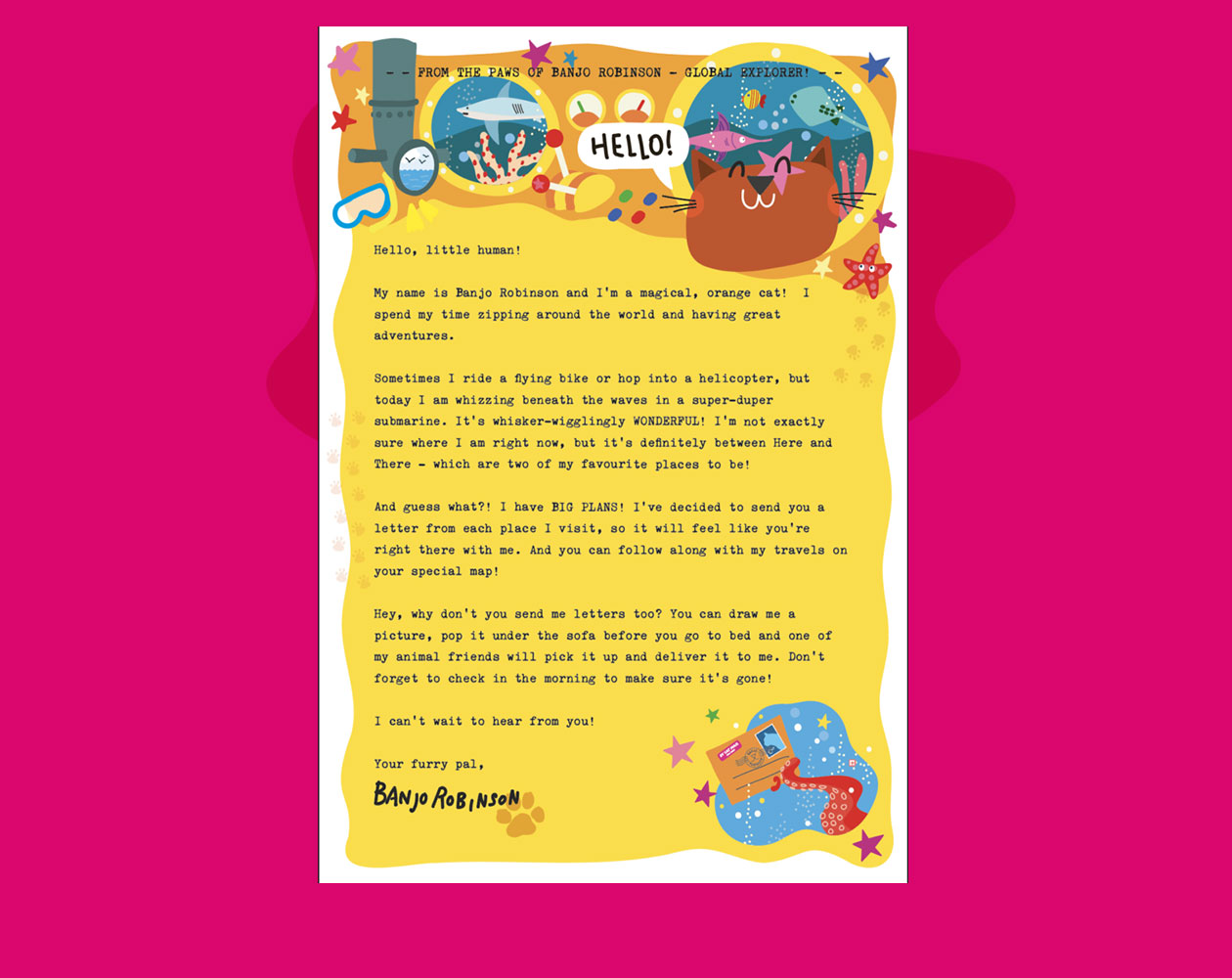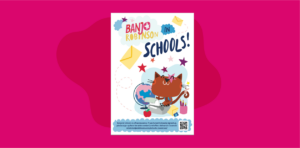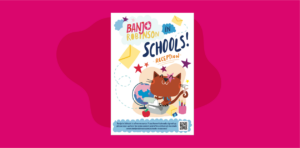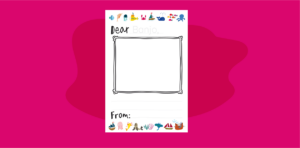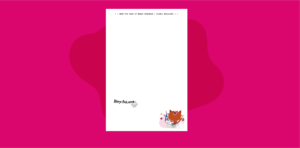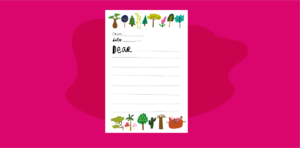How to talk about racism with your kids
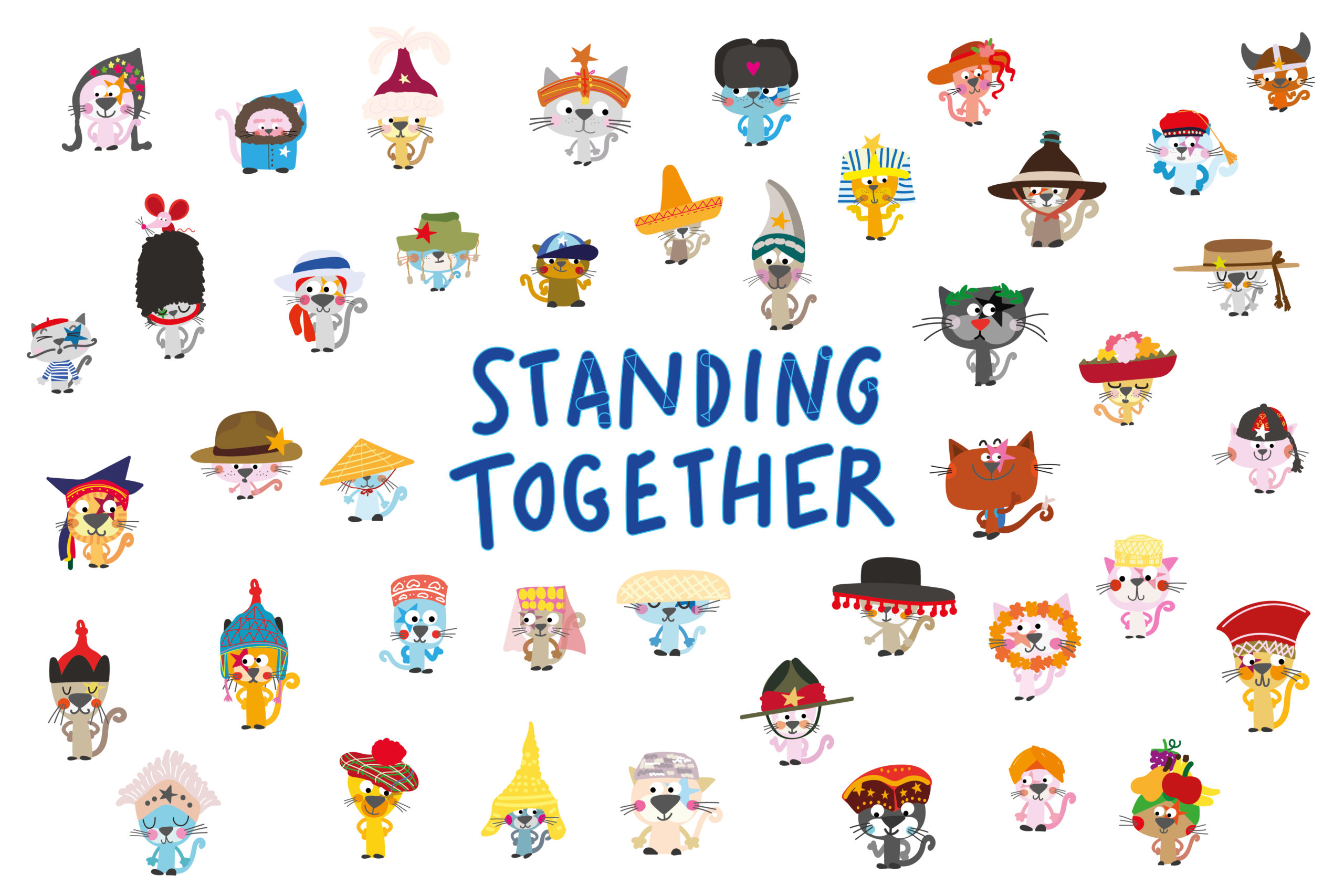
As a brand that promotes fun around children’s learning and seeks to broaden children’s perspectives on the big, beautiful world that we live in, we thought it would be wrong to not comment on the events of the last week. We’ve had the best time watching the Euros and are SUPER proud of the England team for getting to the final but, some of the reactions posted online and particularly at Marcus Rashford’s mural, have made us feel very sad.
The truth is children are impacted by race at a very early age. Can you believe it is as early as 3 months, a baby’s brain can notice racial differences in the people around them? By age 2, children soak up stereotypes about race and may express these with fear. By age 4, children can directly express bias regarding race by teasing. By age 8, children are aware of social norms and can express bias in more subtle forms. And, by age 12, many children become set in biased thoughts, actions and decisions!
This means that there is roughly a 10 year period where parents may be able to intervene and help their children see the world differently! Parents are the primary sources for children to learn about race and racism. Whether parents choose to talk to their kids about this or not, children will learn from their environments and the closest people in their life. It’s important that there are resources available to help you engage with your children about the issues of racism and discrimination. Here are a few links that we have found useful:
Tackling racism beyond the football pitch
This is a fantastic blog written by Book Trust and explores their pick of the best children’s books to explain the structural oppression and racism faced by people across the world – and how we can combat it.
All Are Welcome by Alexandra Penfold
This easy to follow and remember book for young children is set in a school classroom where children from different races, circumstances and religions all learn about each others’ traditions, discovering that their diversity is in fact their strength! A great resource!
Little Leaders: Bold Women in Black History, Little Leaders: Bold Men in Black History & Dream Big Little Leader by Vashti Harrison
Vashti Harrison’s empowering stories about black history make her books firm favourites here! Her New York Times bestselling Little Leaders series and Dream Big Little Leader board books are inspiring and essential reading for young children.
Don’t Touch My Hair by Sharee Miller
Centred around the enduring conversation of strangers’ fascination with touching afro hair, Miller’s book teaches about boundaries and acceptance from the point of view of her heroine, Aria.
AntiRacist Baby
Follow Antiracist Baby nine easy steps for building a more equitable world. With bold pictures this book introduces the youngest readers and the grown-ups in their lives to the concept and power of antiracism. Providing the language necessary to begin critical conversations at the earliest age, Antiracist Baby is the perfect gift for readers of all ages dedicated to forming a just society.
Talking About Racism
This blog is written by our CEO and founder, Kate Boyle and can be found here. We have to be careful not to pass on our biases and this blog can help with that. We have also put together our action plan around improving diversity, equality and inclusion at Banjo Robinson here.
Other resources include:
Let’s use this as an opportunity to talk to our kids about kindness and educate them to speak up for each other. You can speak to them about teamwork, resilience and supporting each other through the good times and the bad ones too.
Here at Banjo, we believe that racism is never OK. If you or someone you know has experienced racist abuse, or if you want to know what you can do to stop it when you see it, Young Minds has lots of helpful information. There are also tips on how to take care of your mental health when you feel overwhelmed.
We really hope that this helps and will make your little ones realise that the colour of someone’s skin does not define who they are.
Stay fantastic, Banjo HQ x
